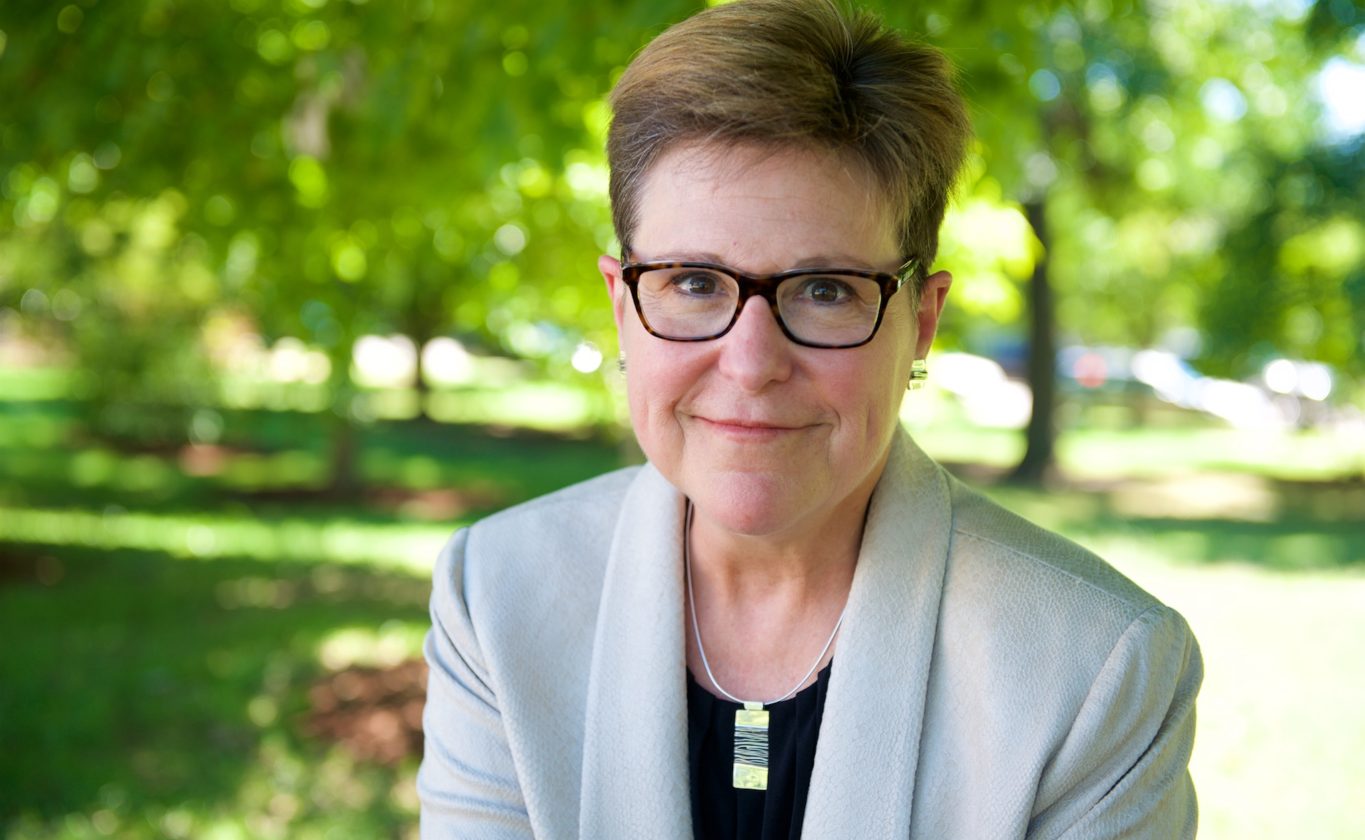Indulging in the luxury of throwing up my arms, I moved to San Diego to be with my partner and left St. Louis vowing not to return. Nine years later, Ferguson happened. I watched in astonishment as brilliant and courageous young protesters moved the tectonic plate I thought could not be moved. This could not possibly last. But it did. This could not possibly mobilize uprisings throughout the nation. But it did. I could not possibly return to St. Louis. But here I am. This was a movement, not a moment. And I knew a way to be part of it.
Nagged by the notion that it was necessary to design more empowering and impactful social justice education, I had spent the years away conducting extensive secondary research in the social sciences. Gradually, an innovative and ambitious model for anti-racism education took shape in my mind, a model that focuses on building capacity for change at both the individual and cultural levels. If the “ultimate success metric for Forward Through Ferguson will be when Racial Equity is embedded in the fabric of our region,” then my personal sense of purpose matched that collective mission. I am not a do-gooder. I do this work because the world I want to live in is not the one we now have.
Being in denial about racism requires so much psychological energy that it separates us from really essential parts of ourselves.
My experience dealing with racism in St. Louis is that you’re going to hear all sorts of suggestions about what Black people need to do about racism. The conversation that desperately needs to happen, that I want to make happen is what do White people need to do about racism? As White people, we do not appreciate what we’re losing out on because of it. It diminishes our humanity. Being in denial about racism requires so much psychological energy that it separates us from really essential parts of ourselves:our integrity, our authenticity, and our ability to have any number of rewarding relationships we are otherwise shut away from. Some who were asleep are waking up. Many White people I knew a long time ago are much more alert now and engaging in some way to move things forward. The most important work is not with those already on board and committed to creating change. It’s with people who are ambivalent, confused, and wary, but hopefully curious enough to start imagining beyond what they know of their everyday lives.
Photo by Lindy Drew


#FwdThruFerguson